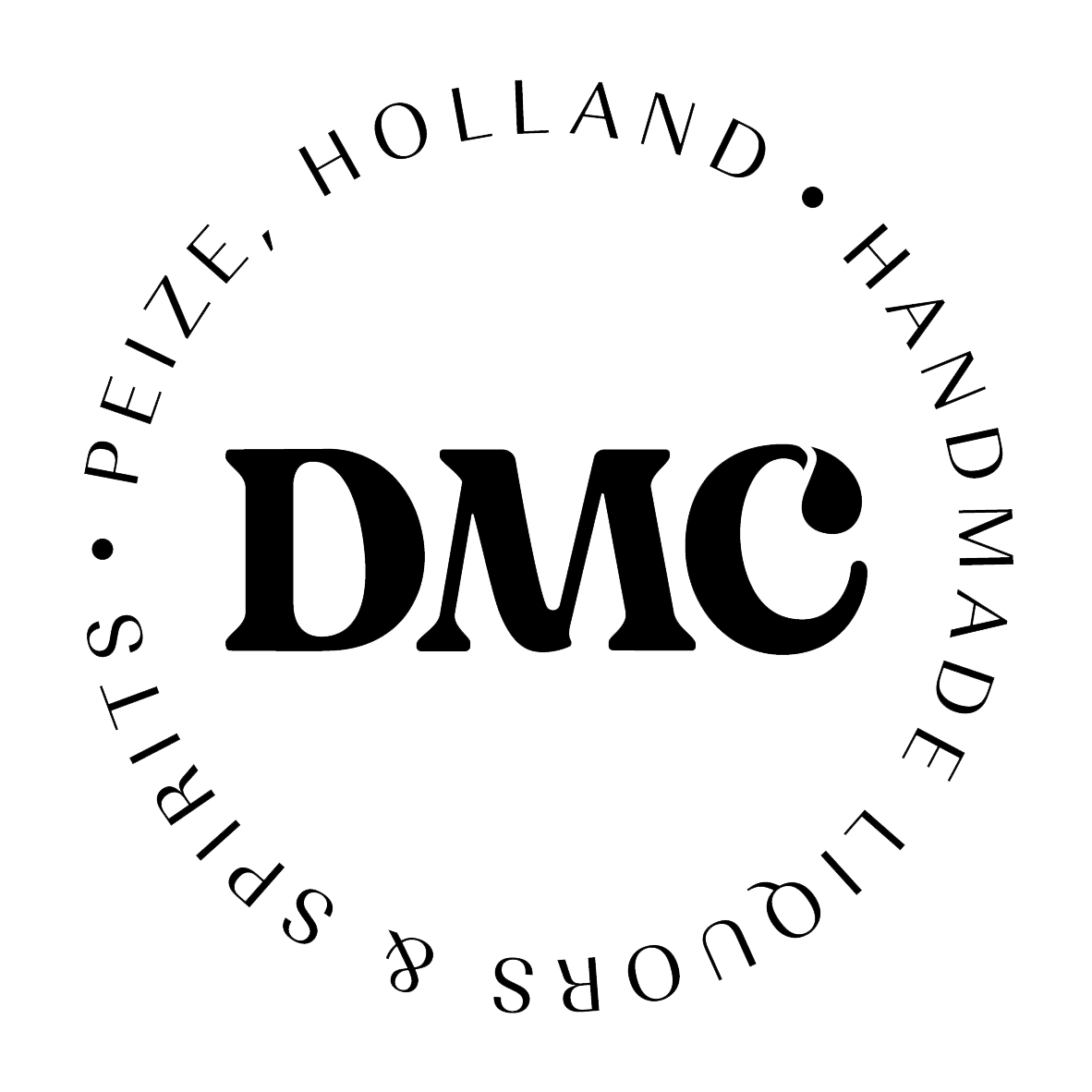
Now that alcohol is in your body, it is being converted to acetate, which your body LOVE, LOVE, LOVES. Or maybe you’ve had a rough day and treated yourself to half a standard bottle of Rosé. BetterHelp offers affordable mental health care via phone, video, or live-chat. Alcoholic beverages have “empty” calories, meaning they are high in calories and low in nutrients. Alcoholics Anonymous is available almost everywhere and provides a place to openly and nonjudgmentally discuss alcohol issues with others who have alcohol use disorder. Long-term alcohol use can change your brain’s wiring in much more significant ways.
Medication-assisted weight loss with a future focus
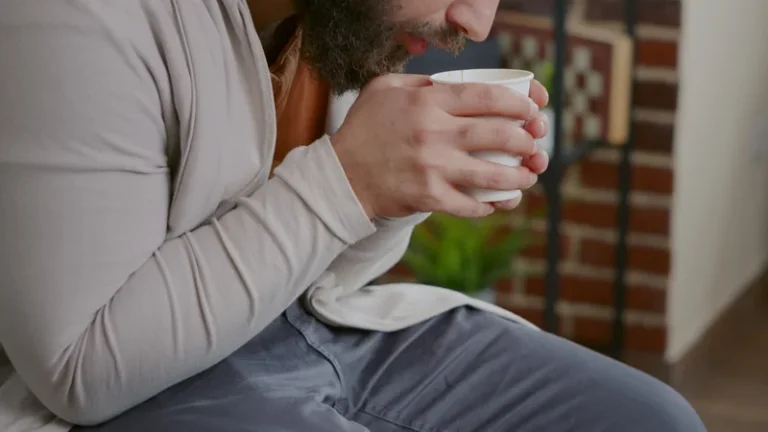
And if the dieter wishes to add some high-fat foods like cheese, salad dressing, butter, or olive oil to their daily food intake, the calorie count goes up rapidly. If additional calories from alcohol are ingested, then daily calorie intake may be just high enough to slow weight loss, especially if the dieter is sedentary. If you are trying to lose weight, you can boost your efforts by cutting back on alcoholic drinks. Some mixed drinks can contain as many calories as a meal, but without the nutrients. Aside from the immediate influence on appetite that comes from alcohol consumption, there are also effects on energy storage. Alcohol inhibits fat oxidation, suggesting that frequent alcohol consumption could lead to fat sparing, and thus higher body fat in the long term [62].
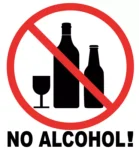
Can Make You Feel Hungry
Research has found that light-to-moderate alcohol intake does not cause weight gain. Instead, regular heavy drinking may lead to weight gain over time. For some people, alcohol may affect their decision-making to the point where it does actually affect their weight.
Bottom Line on Alcohol and Weight Gain

However, the preponderance of the evidence taken as a whole suggests that alcohol may be a risk factor for obesity in some individuals, especially when consumed in large quantities. However, according to some of the studies referenced in the Traversy and Chaput article, lifestyle, rather than alcohol per se, may promote weight gain. Replacing a brisk walk with watching a game, drinking beer, and eating nachos drenched in melted cheese may promote weight gain, but the alcohol may be only one of the factors responsible. Moreover, whether a dieter should be able to manage moderate alcohol consumption depends on its contribution to their daily calorie intake. It is hard to stay on even a moderately low-calorie diet and eat enough protein, carbohydrates, fruit, vegetables, and dairy products to meet one’s daily nutrient needs.
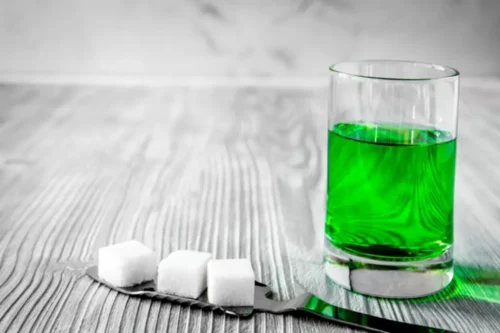
Does alcohol cause weight gain?

If you’d like to prevent weight gain and still enjoy drinking, try choosing lower-calorie alcoholic beverages and manage how much alcohol you consume. If you want to enjoy a drink but limit your alcohol intake, try subbing in some of our favorite nonalcoholic does alcohol make u gain weight drinks and spirits, several of which are low-calorie or low-sugar. Alcohol may have various effects on your health that link to weight gain. Alcohol is high in empty calories and may affect hormones that signal appetite, hunger, and stress.
- You’ve likely considered what you’re eating, what you’re not eating and of course, how much you’re moving.
- Also, you experience less REM sleep, meaning you can wake up exhausted.
- But will drinking any alcohol prevent you from losing any unwanted fat?
- While cross-sectional and longitudinal studies have controlled for a number of important lifestyle factors, there are many to consider when examining body weight regulation.
- If consuming alcohol in the evening, do so at least 3 hours before going to bed.
- Take a 2018 study published in the journal Obesity, which examined data from 4,901 overweight or obese individuals with Type 2 diabetes who had participated in a yearslong weight loss program.
ZBiotics Review: Does a Pre-Alcohol Probiotic Work for Hangover Prevention?
So doctors are hesitant to recommend drinking alcohol at all for this reason. To flush out this water weight, cut the carbs down to 50g the day after drinking. Also use intermittent fasting combined with C8-MCTs to promote additional fat-burning. Alcohol can possibly trigger the Whoosh Effect if you’ve been dieting and exercising hard for a while. Your body will stubbornly hold onto some water weight until there’s an influx of calories. Then your body will know that food is available to “flush out” what it’s been holding on to.
- Many people think that drinking makes them gain pounds, but that’s not always the case.
- It can cause brain and liver damage, and it increases your risk of cancers as well as your risk of death from car crashes, injuries, homicides, and suicide.
- You might be concerned about your weight and whether your alcohol intake prevents you from losing weight.
- For example, alcohol may affect hormones that control appetite, hunger, and stress.
- If you’ve ever been even a little hungover, you know how challenging it is to exercise the next day.
